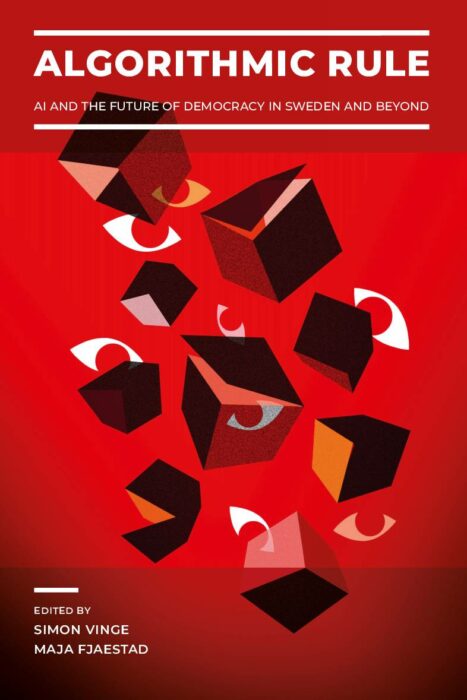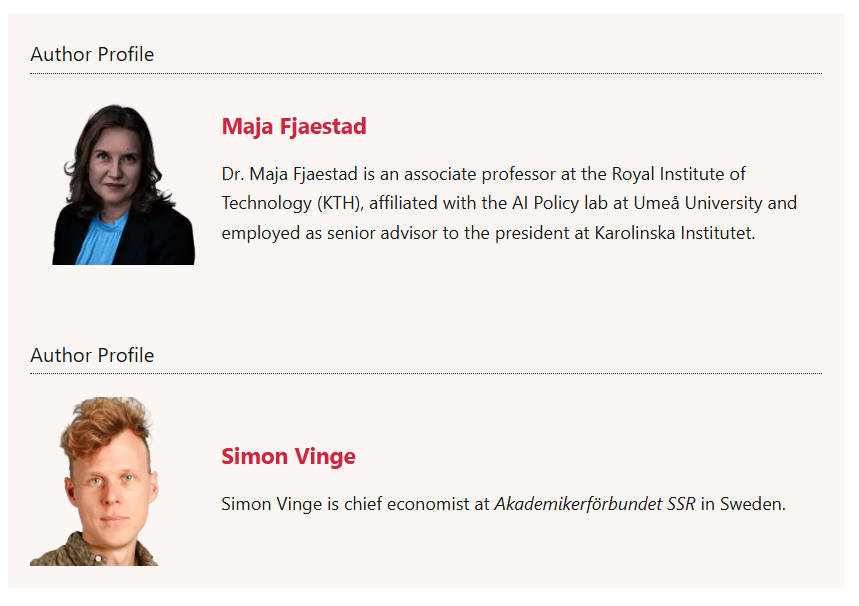When Algorithms Undermine Democracy: Europe's Wake-Up Call
 Algorithmic power threatens the foundations of democratic oversight—and Sweden's experience shows why Europe must act now.
https://www.socialeurope.eu/when-algorithms-undermine-democracy-europes-wake-up-call
Algorithmic power threatens the foundations of democratic oversight—and Sweden's experience shows why Europe must act now.
https://www.socialeurope.eu/when-algorithms-undermine-democracy-europes-wake-up-call

As citizens, we grant public bodies authority over life and death—but what do we demand in return for surrendering this power? Traditionally, we require transparency about how this authority is exercised, and we insist that democratic institutions—the media, judiciary, and relevant ombudsmen—maintain constant scrutiny over these processes. Yet with the digital transformation, we have already encountered situations where such oversight has become impossible.
Recent examples from Sweden illuminate how algorithmic power, where the state operates through algorithms, can challenge the very foundations of our democracy. This crisis is playing out across Europe, a continent standing at the crossroads between tech giants, regulation, and the digitalisation of public administration, demonstrating why it is urgent to learn from examples of algorithmic power’s misuse in countries such as Sweden. To contribute to this vital discussion,
our edited book Algorithmic Rule: AI and the Future of Democracy in Sweden and Beyond, published in cooperation with the Foundation for European Progressive Studies (FEPS), appears in November.

Algorithms have become omnipresent in our societies. Consider the administrative tasks of medical diagnosis, allocating pupils to schools, or determining entitlement to social insurance and employment benefits. Such tasks can clearly be improved in both quality and efficiency—but it is obvious that the consequences of inaccurate algorithms can prove disastrous. We know this, unfortunately, through hard experience in cases where transparency and scrutiny have not been maintained. People’s lives have been put at risk, governments have (rightly) borne the consequences through resignation, and sovereignty has been willingly handed over to non-democratic private organisations. We can no longer pretend that all of this is happening in some distant, “digital” sphere. It is happening right here, in the heart of our society.
With its law from 1766, Sweden is said to be the first country in the world to establish both freedom of the press and public access to official government records through freedom of information for every citizen. These principles remain held in the highest regard and are frequently invoked both to check executive power and to ensure that processes at every level remain legal, just, and inclusive. They are, on paper, fully applicable to the digital world—but we have observed troubling examples that suggest the opposite is occurring in practice.
snip




